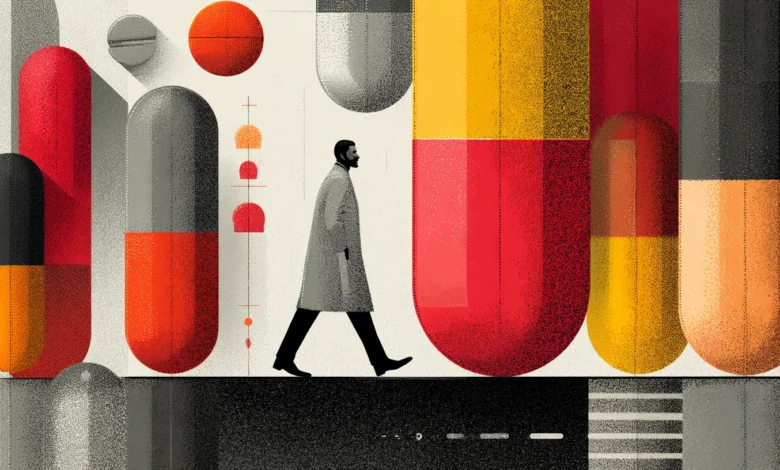Cybercriminals Target Drug Formulas and Patient Data

▼ Summary
– The pharmaceutical industry faces frequent cyberattacks targeting clinical trial data, patient records, and proprietary formulas, with breaches having life-threatening consequences.
– Data breaches in pharmaceuticals are costly, averaging $4.61 million, and ransomware attacks have disrupted operations and compromised sensitive data at companies like Inotiv and AEP.
– Cyberattacks lead to financial losses, regulatory fines for mishandling data under laws like HIPAA and GDPR, and delays in drug approvals and research.
– Phishing is a common threat, exploiting human error to gain network access, as seen during the COVID-19 pandemic with increased attacks on health organizations.
– Key cybersecurity strategies include regular risk assessments, securing IoT devices, collaboration, vendor screening, and employee training to recognize threats.
The pharmaceutical sector faces an unrelenting threat from cybercriminals who aggressively pursue clinical trial data, patient records, and proprietary drug formulas. These digital assets are not only financially valuable but also critically tied to public health, making any disruption to research or medicine distribution potentially life-threatening.
Global health emergencies often trigger a sharp rise in cyber exploitation. According to Flavio Aggio, CISO at the World Health Organization, the COVID-19 pandemic led to a fivefold surge in phishing attempts aimed at the WHO, with attackers impersonating officials to spread malicious software.
Recent analyses, including the IBM Cost of a Data Breach Report, indicate that pharmaceutical data breaches now average $4.61 million per incident. Ransomware remains a dominant weapon in the attacker’s arsenal. Inotiv, a research and development firm, fell victim when hackers encrypted portions of its network, forced systems offline, and leaked over 170 GB of confidential information. A similar attack struck German pharmaceutical wholesaler AEP, jeopardizing medicine supplies to more than 6,000 pharmacies.
Third-party vulnerabilities further complicate the landscape. A staggering 87% of healthcare and pharmaceutical organizations report negative impacts from breaches within their partner networks. Cencora, a major U.S. pharmaceutical distributor, experienced a significant breach in early 2024 that exposed sensitive patient health and prescription information. The incident rippled across at least 27 biotech and pharma firms, culminating in a $40 million settlement for related class-action litigation.
Phishing remains the most common entry point for these intrusions. Eric Demers, CEO of Madaket Health, emphasized that attackers only need one employee to click a malicious link or open a corrupted file to gain network access, paving the way for data theft or system-wide ransomware lockdowns.
The financial repercussions of these breaches are profound. Companies often face extortion demands, costly system repairs, and operational halts that delay research and distribution. Regulatory penalties under frameworks like HIPAA and GDPR add another layer of financial strain, alongside mandatory audits and intensified oversight.
Perhaps most critically, cyber incidents directly impact human health. Compromised clinical trial data can slow the development of new treatments, while production halts or quality compromises endanger patients dependent on consistent medication access.
To counter these threats, organizations are adopting several key strategies like conducting regular risk assessments to identify vulnerabilities early and shape defensive measures. A proactive, layered security approach is essential for protecting both intellectual property and patient well-being in an increasingly hostile digital environment.
(Source: HelpNet Security)




